Just like a perfectly brewed boba tea — (this reference will make more sense in a moment!) — artist Yiying Lu's creative journey is a delightful mix of flavors. Born in Shanghai, educated in Sydney and London, and ultimately finding her creative home in San Francisco, Lu's portfolio reflects her timeless ability to connect across languages and cultures.
Yet, simultaneously, Lu’s work also bears the unmistakable timestamp of Silicon Valley’s rise to cultural prominence. She’s known for her legendary "Fail Whale" illustration, which became Twitter’s service outage mascot in 2008. Thanks to this early visibility, you could say Lu's art career coincidentally grew in tandem with Twitter’s success.
Originally titled “Lifting a Dreamer,” the Twitter Fail Whale artwork depicts a white beluga whale being lifted into the sky on strings by eight orange birds. The piece symbolizes the emotional weight of distance and the desire to be close to loved ones. Early Twitter users connected with the whale’s meaning, and widespread fandom took off, setting in motion the chain of events that led Lu to put down roots in San Francisco.
In 2016, Lu once again brought a human touch to Silicon Valley by advocating for the addition of a dumpling emoji after she and a friend frustratingly couldn’t find one while texting about dinner plans. She went on to pitch and design five food emojis in 2017. You can thank her for the beloved dumpling 🥟, boba tea 🧋, chopsticks 🥢, takeout box 🥡 and fortune cookie 🥠 emojis, along with the peacock emoji 🦚 which came a year later in 2018.
When NFTs hit the scene in 2021, Lu found herself characteristically in the midst of the action. She sold limited-edition and 1-of-1 NFTs on several platforms, including OpenSea. Lu said she donated profits from her “Whale of a Time” collection to ocean conservation nonprofits.
After a three-year hiatus, Lu is gearing up for an exciting new NFT drop. Her upcoming collection, part of OpenSea and Optimism's “Get Based” campaign, will be a heartfelt exploration of human experiences and emotions, with a potential nod to her iconic whale.
Ahead, we spoke to Lu about her creative journey, the cultural influences that shape her art and her upcoming “Get Based” drop.
Note: This transcript has been edited for length and clarity.

OpenSea: My first question is kind of esoteric: How has being raised in a culture that uses characters as a written language influenced you as an artist? Each character symbolizes meaning, similar to an emoji. Do you feel like you were somewhat fated to become an emoji artist?
Yiying Lu: That's a great question. I think a lot about the differences between Eastern and Western linguistic structures and how they shape our thinking. There's a great book I read a few years ago called "The Geography of Thought." It analyzes how our thought patterns are influenced by our primary language.
For example, English and other Latin-based languages are very structured. They have grammar, nouns, and verbs, making them more linear. In contrast, Eastern languages like Chinese, Japanese, and Korean are context-based. When kids describe the same visual stimuli, English-speaking children might say, "I see a big fish, small fish, red fish," while Chinese-speaking children form stories, such as, "The big fish is following the small fish to protect it."
Names in cultures that use characters also carry deep meanings. My name means "happy and creative," and it's like a blessing from my grandfather. That kind of meaning shapes who you become. In art, collectors resonate with the message in the piece for this reason too, whether digital or physical. It's like having a conversation with the artist or their family. The connection is profound.
Relating this to NFTs, I think of them as tokens carrying energy and symbolism. They travel around the digital world, imbued with meaning. Human artists will always be needed, even with AI now creating art. Human life is storytelling, and artists carry the lineage and stories of their ancestors. This is in our DNA. Our experiences connect us with our ancestors. In a way, it's like carrying traits in an NFT, passed down through generations.
OpenSea: That is fascinating, thank you for sharing that context. Can you tell us about the inspirations and ideas you have for your upcoming “Get Based” drop?
Yiying Lu: Yes of course! So I was just in New York City for a week celebrating the Shorty Awards. It’s been 15 years since I received the inaugural Shorty Award in Design for the Fail Whale. That moment was so significant for me. It changed my life. I flew to the U.S. for the first time just to receive the award. It all started with one piece of art, but the huge community that embraced the artwork allowed me to win the Shorty Awards 15 years ago. Initially, I thought it was an award based on my height, but it was actually for creating short content!
I realized during my recent visit, however, that things have changed quite a bit. For example, there are many more mental health issues that have risen because of COVID. So, I want to create something that brings joy and emotional connection with ourselves and with the viewers of the art.
Good art is medicine. I believe that colors and shapes can heal. If one piece of art in a room, on your computer, or on your phone can bring a feeling of levity, then that’s something I want to create for people. But, I do love water and animals, especially whales. I love the notion of an “ocean of emotion.” We’re talking about the ocean, but I want to go beyond that idea. The ocean of emotion really resonates with me.
Finally, since my “Get Based” artwork will drop on June 25, I'd love to make the drop reflect the celebration of June, which is both National Ocean Month and Pride Month. One of the final artworks will be "Make Waves" — perhaps even animated.
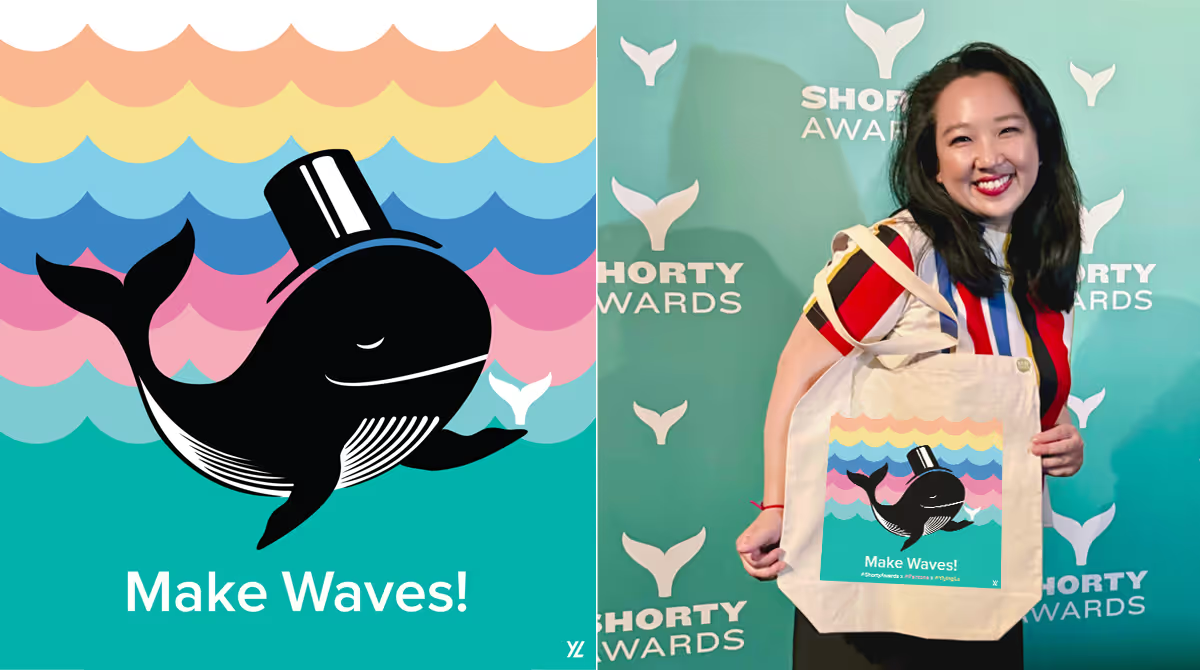
OpenSea: That’s beautiful. So you think artists have an important role in leading conversations around mental health?
Yiying Lu: Yes, it’s a privilege to be an artist. It's a privilege to publish something onto the internet. Why not make something that actually could help people?
I shifted to mental health because I believe it is one of the most important aspects for sustaining ourselves in society. It was so clear during my New York visit: I was visiting Queens with friends and took the E train. I was nearly pushed onto the subway tracks by someone who was mentally ill. New York was the first city I visited in the U.S., so it always felt like home. Yet, this visit was heartbreaking, especially hearing more locals have avoided the subway, which is quintessentially New York. So I decided to integrate that story into my Shorty speech. I want to do something to bring a sense of community and comfort back.

OpenSea: This is so true! How do you see your art promoting these meaningful messages?
Yiying Lu: Art should promote something meaningful. We joke about Gen Z, the youngest generation, using terms like "sick" to mean "great," which makes me think about the words we use and how they manifest in reality.
Even though crypto art is just bits and codes, it affects the real world and our reality. Everything around us, like the items on our table or our sofa, is a translation of consciousness.
OpenSea: Given it’s the 15-year anniversary of the year you received a prize for the Twitter Fail Whale, do you think about how your art today continues the conversation you started long ago?
Yiying Lu: Yes. I still want my art to be able to lift up and help emotions transcend their original form, just like the birds lifting up the whale in the artwork. That’s what I think of when I conceptualize the idea of an “ocean of emotion.” It’s important to acknowledge emotions, but it's equally important to transform something seemingly unpleasant into something uplifting and inspiring.
I'm interested in creating art that brings people into a different emotional state. It’s always been that idea that inspired the original name of the “Fail Whale.” It was originally called "Lifting a Dreamer.” We are all dreamers and immigrants experiencing emotions. I want to advocate for this idea, especially in June for World Ocean Month. The whale symbolizes emotion and dreams, representing the immigrant experience and the vastness of wisdom in the ocean.
OpenSea: That is lovely. Thank you so much for sharing and for your time today. We are very excited for your upcoming drop!
Yiying Lu: Thank you. I so appreciate this conversation.
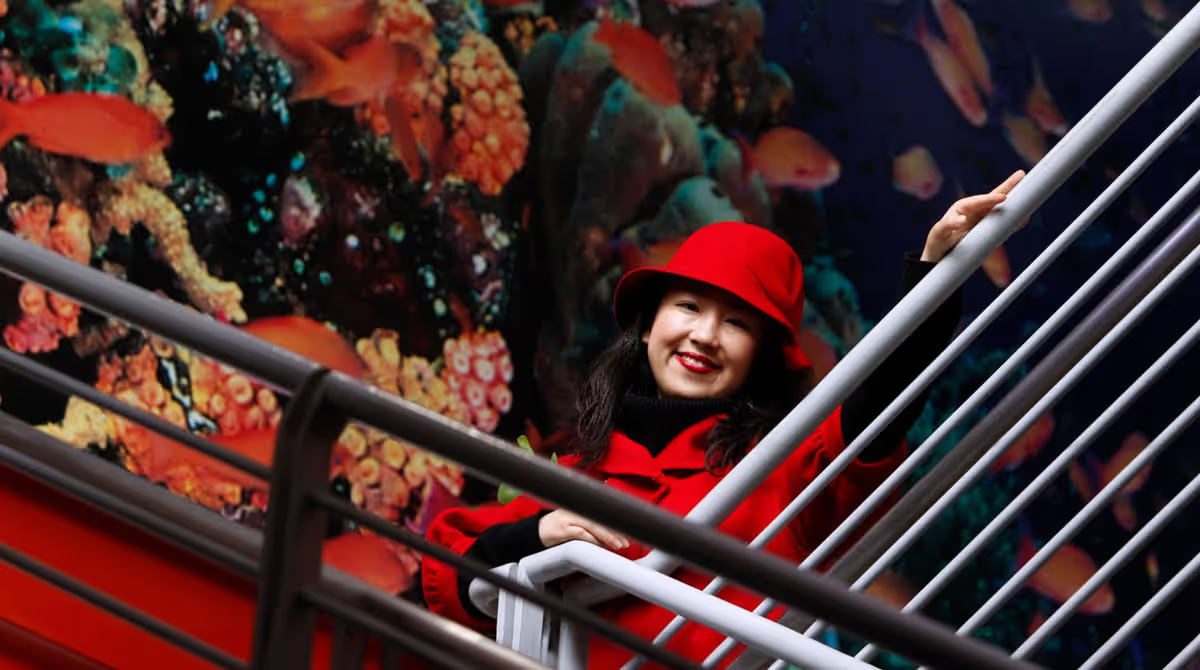


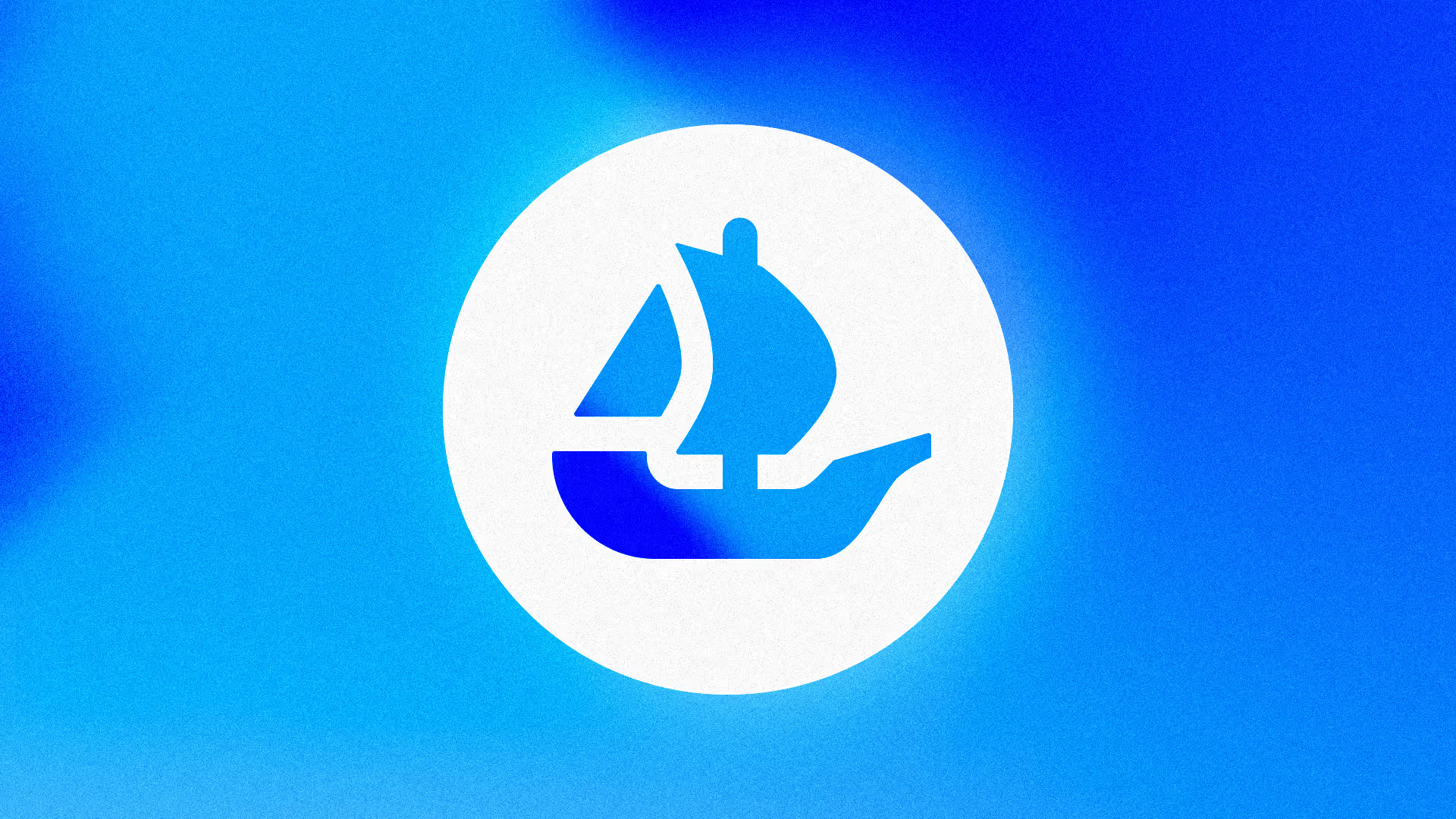
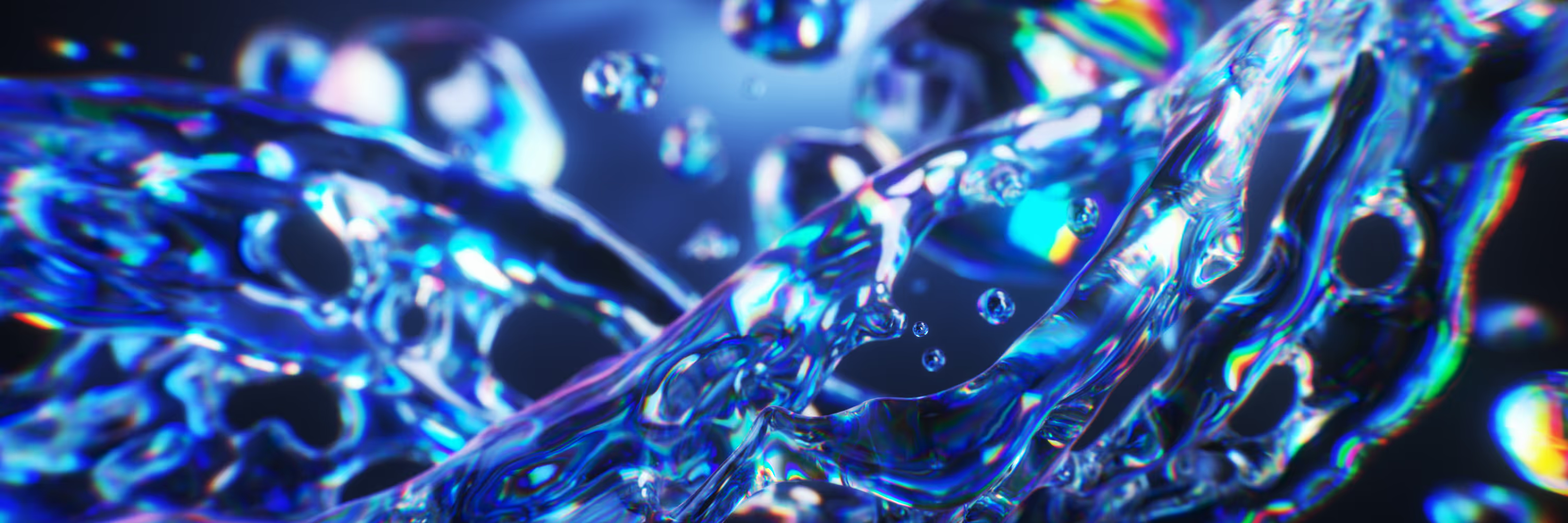
.avif)
.png)
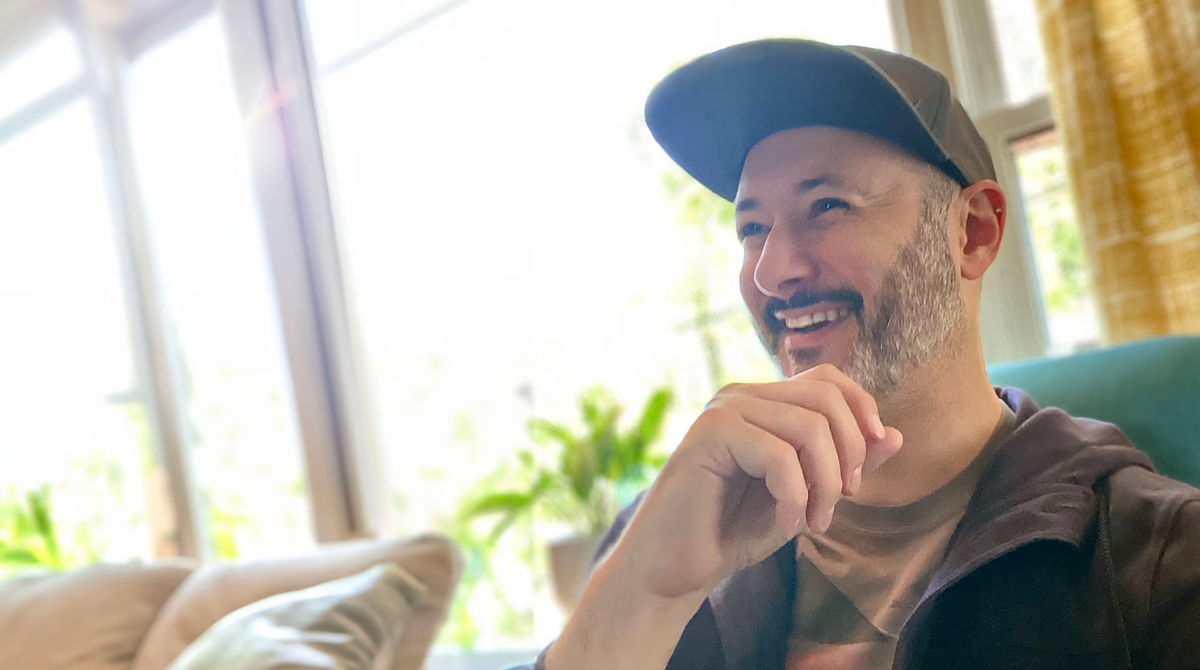
.png)
.png)
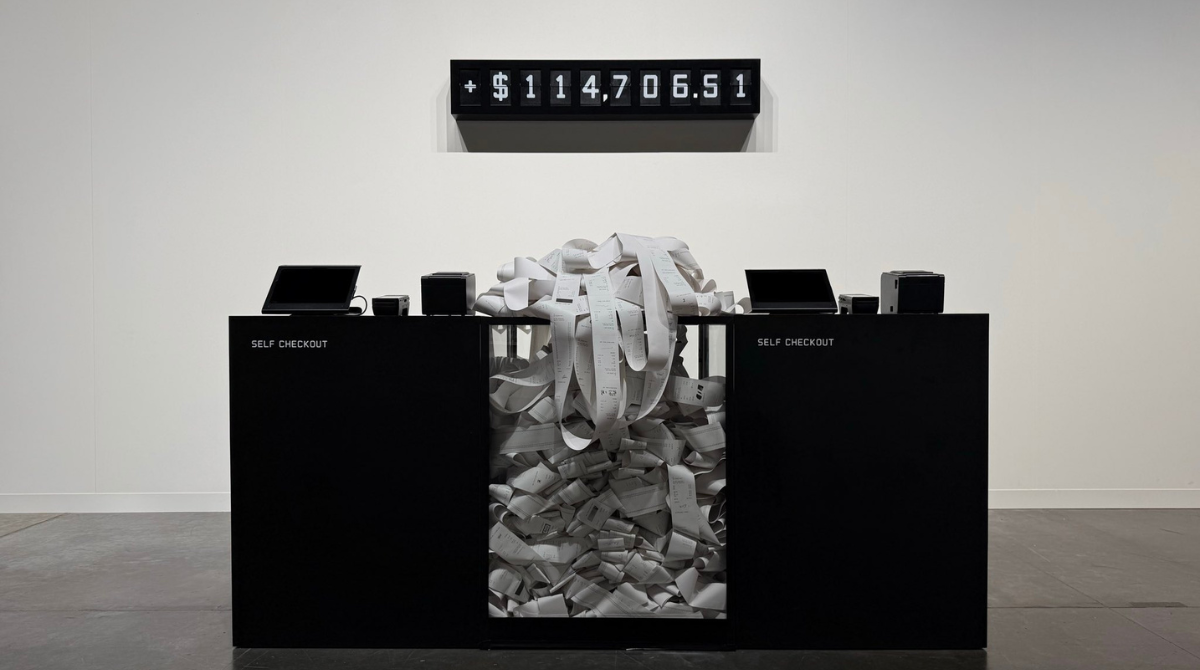
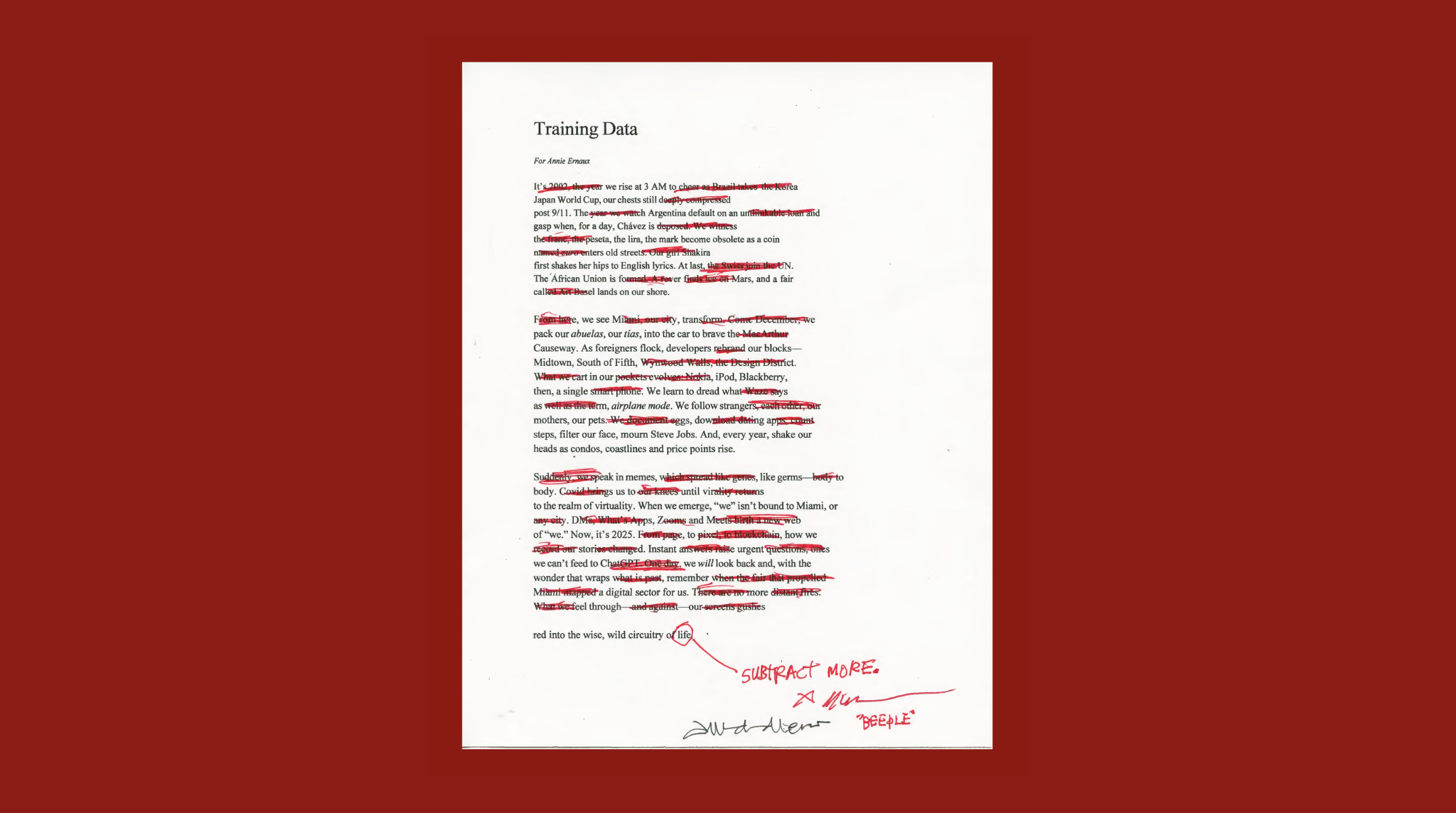
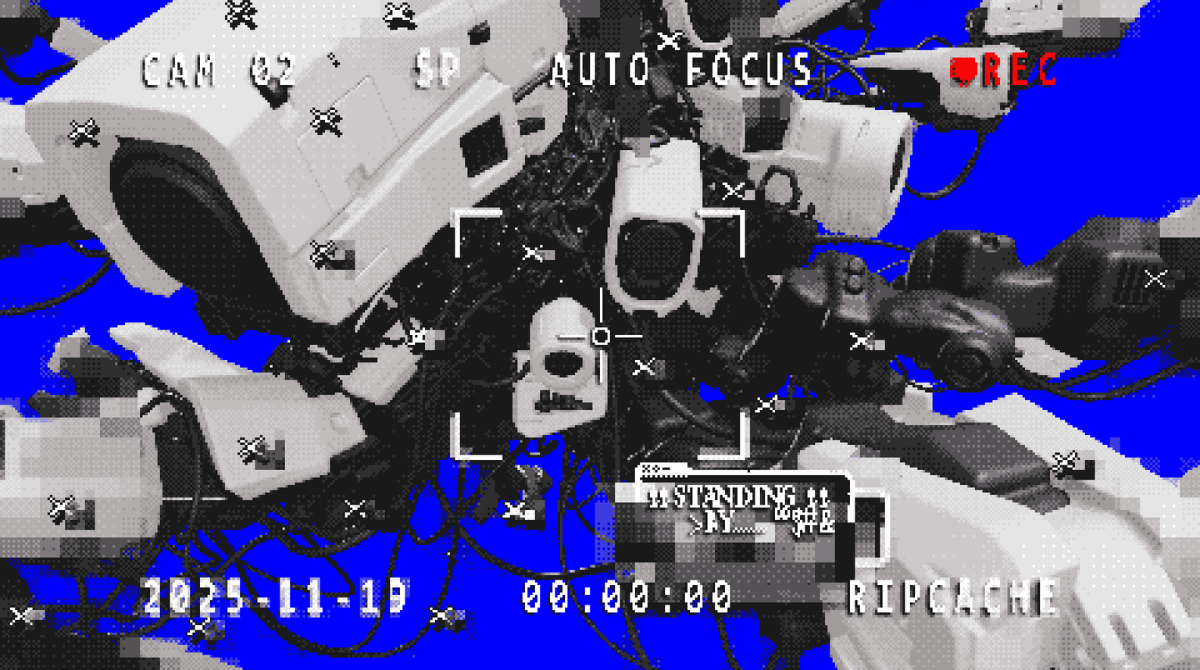
.png)